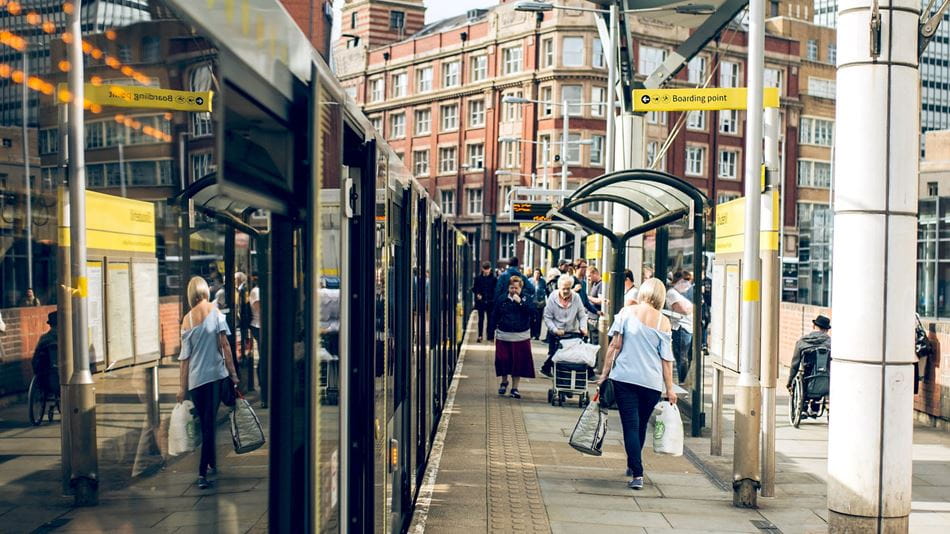In the middle of the national Covid-19 pandemic, local government’s immediate priorities are rightly to minimise fatalities, provide relief to communities and deliver frontline services. However, as we look to the future, confronting climate change will be a key driver for the nation’s economic recovery and will remain of crucial importance as we navigate towards a new normal.
The surface transport sector is the UK’s highest emitter of carbon emissions and the only sector pre Covid-19 where emissions were continuing to rise. Meeting the pledge for the UK to become overall net-zero implies the need for a fundamental shift in this sector from local and central government.
This is according to a new report, You’ve declared a Climate Emergency… Next steps: Transport released today by Arup.


